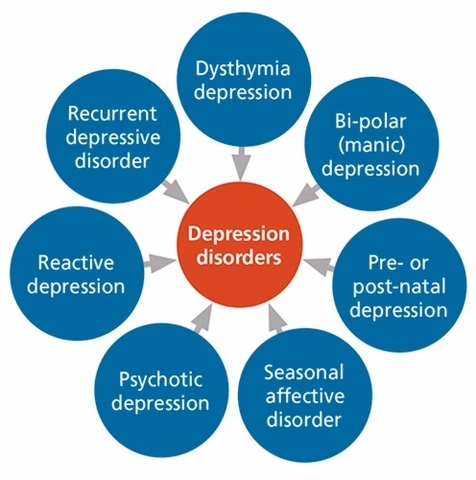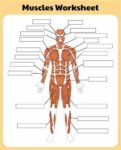Depression is a common and serious medical illness that negatively affects how you feel, the way you think, and how you act. It causes feelings of sadness and/or a loss of interest in activities once enjoyed. There are several types of depression, each with unique characteristics and symptoms:
1. Major Depressive Disorder (MDD): Also known as clinical depression, MDD is characterized by a persistent feeling of sadness or a lack of interest in outside stimuli. Symptoms include feelings of worthlessness, negative thinking, restlessness, inability to focus, and exhaustion.
2. Persistent Depressive Disorder (PDD): Previously known as dysthymia, PDD refers to a type of chronic depression present for more days than not for at least two years. Symptoms include feelings of sadness, loss of interest, anger, irritability, guilt, low self-esteem, difficulty sleeping, hopelessness, fatigue, changes in appetite, and trouble concentrating.
3. Bipolar Disorder: This type of depression involves episodes of depression and periods of mania, which is an extremely elevated mood.
4. Postpartum Depression: This type of depression occurs after childbirth and can also affect fathers. Symptoms can include extreme sadness, anxiety, and exhaustion, making it difficult for the new mothers to complete daily care activities for themselves or for others.
5. Premenstrual Dysphoric Disorder (PMDD): This disorder is a severe form of premenstrual syndrome (PMS). Symptoms may include severe depression, irritability, and tension.
6. Seasonal Affective Disorder (SAD): SAD is a type of depression that’s related to changes in seasons, beginning and ending at about the same times every year. Symptoms can include tiredness, depression, mood changes, irritability, trouble concentrating, body aches, insomnia, decreased sexual interest, changes in appetite, and even suicidal thoughts.
7. Atypical Depression: This type of depression includes symptoms like increased appetite, sleeping more than usual, feeling of heaviness in your arms and legs, and sensitivity to criticism.
Each type of depression has its own set of symptoms and treatments. If you or someone you know is dealing with symptoms of depression, it’s important to seek help from a healthcare professional. They can provide an accurate diagnosis and help you start on the path to recovery.



